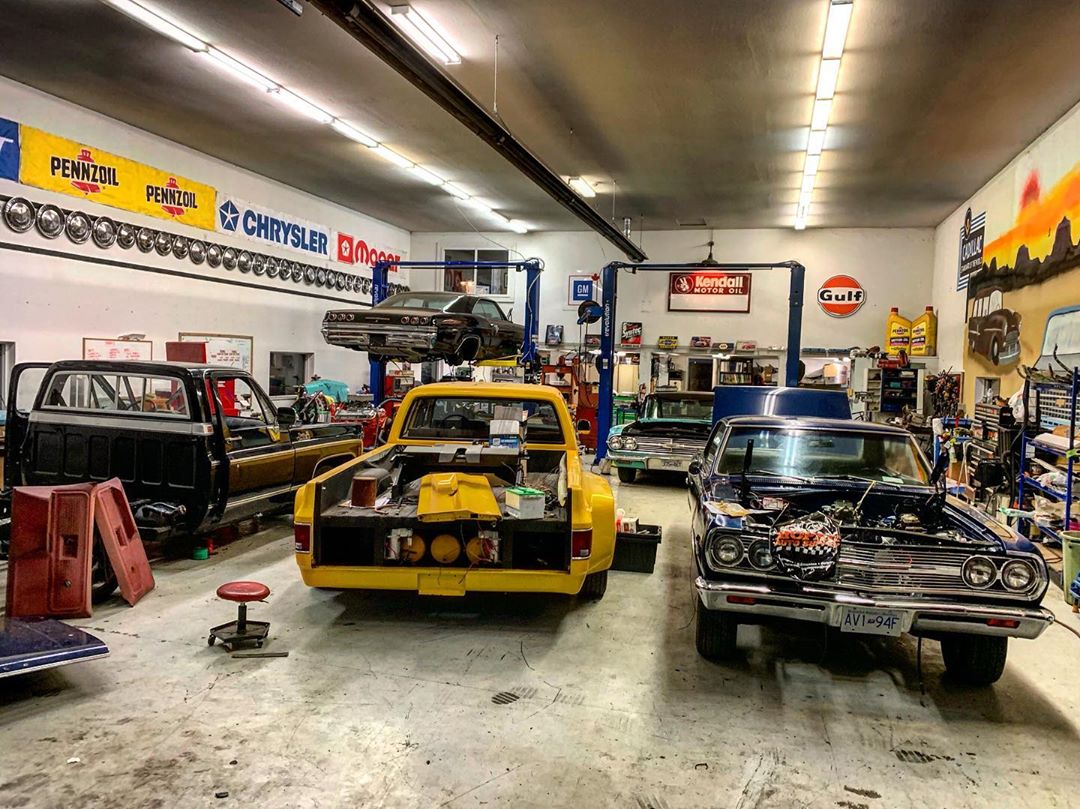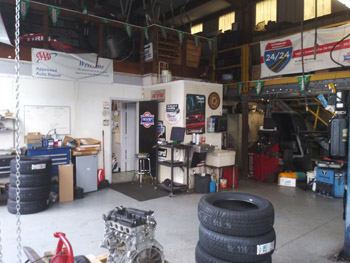All Categories
Featured
Your car's brakes are one of the most important parts in guaranteeing your security and the safety of others on the road. Normal brake examinations are important to preserving ideal braking efficiency and preventing pricey repair work. Whether you're an experienced cars and truck proprietor or a new chauffeur, comprehending brake assessment standards can assist you remain aggressive concerning maintenance and guarantee your automobile is constantly roadworthy.
- Why Brake Inspections Matter. The even more you drive, the a lot more rubbing your brake pads sustain, eventually leading to decreased braking efficiency. Without appropriate inspection, it's difficult to determine when your brakes could be in need of repair work.
A well-maintained brake system guarantees fast, receptive stopping power, specifically in emergencies. It also assists expand the life of your lorry, as disregarding brake upkeep can cause more serious, expensive problems later.
- Indicators You Need a Brake Inspection. While it's crucial to have your brakes inspected periodically, particular indications may show that they require interest. Watch (and ear) out for these warning signals:
Squealing or Grinding Sounds: Unusual sounds, specifically a piercing screech or grinding noise, often imply that your brake pads are put on down. Resonance or Pulsation: If you really feel resonances or a pulsing sensation when pressing the brake pedal, it can be an indicator of warped blades or uneven brake pad wear. Reduced Brake Responsiveness: If your brakes really feel much less responsive or you need to press the pedal harder to decrease, it may show air in the brake lines or reduced brake liquid. Drawing to One Side: If your automobile draws to one side when braking, it can mean irregular brake pad wear or a brake liquid leak. Dashboard Warning Lights: Some automobiles have brake-related caution lights that suggest concerns like low brake fluid or used brake parts. If you discover any one of these signs, it's vital to have a specialist mechanic carry out a brake inspection asap.

- What Takes place During a Brake Evaluation? Throughout a brake examination, a mechanic will examine numerous key parts of the braking system to make certain every little thing is in working order. Right here's what you can anticipate during the process:
Brake Pads and Shoes: The auto mechanic will inspect the thickness of the brake pads or footwear. If they're too slim, they'll require to be replaced. Brake Rotors: Blades are the discs that the brake pads press against to slow your cars and truck down. They'll be looked for any type of signs of wear, racking up, or warping. Brake Fluid: Low or infected brake fluid can impair braking efficiency. The technician will certainly examine the fluid degree and top quality and leading it up or purge it if required. Brake Lines and Pipes: Brake lines bring liquid from the master cylinder to the brakes. The mechanic will look for any kind of leakages, fractures, or damages to make sure correct fluid circulation. Brake Calipers and Wheel Cylinders: Calipers and wheel cyndrical tubes push the brake pads against the blades or drums. The professional will certainly inspect for wear, leakages, and proper operation. 4. Just how Frequently Should You Have Your Brakes Checked? The frequency of brake evaluations depends upon factors like your driving practices, the kind of lorry you drive, and the environment in which you drive. As a basic policy, it's a great idea to have your brakes inspected every 12,000 miles or annually. If you experience any of the warning signs stated earlier, it's crucial to obtain your brakes checked right away.
For those that frequently drive in rush hour, mountainous terrain, or rough climate condition, more frequent inspections might be needed.
- Relevance of Timely Brake Repair Works. When you discover an issue with your brakes, it's important to address it today. Postponing brake fixings can lead to more significant damages to your stopping system, leading to greater repair service expenses. In severe situations, disregarding brake problems can result in complete brake failure, which is a serious security threat.
By remaining on top of brake maintenance and attending to concerns immediately, you ensure that your brakes proceed to do as planned, maintaining you and your travelers secure when traveling.
Final Thought: Maintain Your Brakes in Top Forming. Brake assessments are a straightforward yet important part of car upkeep. By recognizing the relevance of regular inspections, recognizing the indications of brake concerns, and staying positive with repair services, you can guarantee your lorry's stopping system continues to be in ideal condition. Routine brake checks offer satisfaction, knowing that your vehicle prepares to react when you require it most. Prioritize brake maintenance-- your safety depends on it.
Latest Posts
Connecting Brands to Success
Budget-friendly, Personalized Restroom Solutions That Fit Your Arrange
Bath Fitter Metro Detroit: Your Bathroom Remodel Specialist
